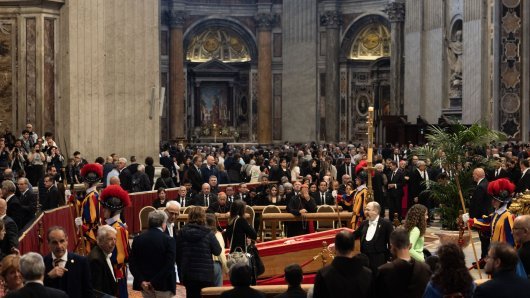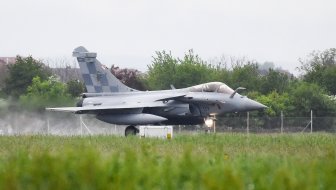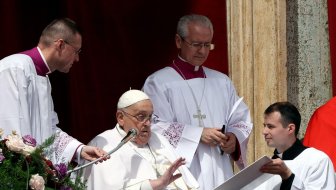The defence team for Croatian general Mladen Markac has filed a notice of appeal with the Hague-based International Criminal Tribunal for the former Yugoslavia (ICTY), asking the Appeals Chamber to quash the Trial Chamber's judgement because it was based on erroneous conclusions.
The Trial Chamber erred in fact and law with regard to the alleged existence of a joint criminal enterprise, the defence said in its notice, filed on Monday, listing 12 grounds for the appeal.
On April 15, the Trial Chamber sentenced generals Markac and Ante Gotovina to 18 and 24 years' imprisonment respectively for their roles in the joint criminal enterprise the aim of which was to forcibly and permanently remove the Serb population from the occupied areas of Croatia during and after a Croatian military offensive, known as Operation Storm, in the summer of 1995. A third general, Ivan Cermak, was acquitted.
The defence said there was no evidence, including the so-called Brijuni transcript, to show that there had existed a plan to ensure the departure of the Serb population by criminal means.
Leaving an escape route for the population does not constitute a crime against humanity or a violation of the laws and customs of war. Even if there had existed a plan for the departure of the Serbs during the course of hostilities, there is no evidence of a criminal plan, the defence lawyers said, adding that the Trial Chamber had misinterpreted what had been said at a meeting of the Croatian state and military leadership, held on the northern Adriatic island of Brijuni on July 31, 1995, when Operation Storm was planned.
Markac's defence, just as that of Gotovina, said that the Trial Chamber erred in fact and law when it found that the crimes of murder, cruel treatment, plunder and destruction were the foreseeable consequence of the joint criminal enterprise.
The defence said that the Trial Chamber erred in fact and law when it concluded that General Markac had taken part in the joint criminal enterprise and that he had been involved in attempts to cover up the crimes committed in Grubori and Ramljani. It said that the Trial Chamber was also wrong in its conclusions about the involvement of Croatian special police in the plunder of Gracac, about the indiscriminate shelling of that town, and about Markac's role in it.
The Trial Chamber erred in fact and law when concluding that the special police had been involved in the destruction of Donji Lapac and that they were responsible for the crimes ascribed to them by the Trial Chamber. It also erred in fact and law with regard to the deportation of the Serb population, the defence said, claiming that reliance on the doctrine of a broad criminal enterprise was in contravention of the ICTY Statute.



































